If you’ve engaged with chatbots, you may have realized their ability to understand and imitate conversational language is becoming quite impressive. Does this mean bots will replace marketers? Not likely, there are too many things that require the human mind to accomplish successfully.
Still, we can definitely expect AI to be a major disruptor in the area of marketing automation. This won’t only be limited to bots either. AI is going to impact commerce, search, content, and other areas of marketing. Here are a few areas to watch.
Chatbots will become even more personalized and accurate
First generation chatbots were more novelty than effective. They often needed to be spoon fed information, and they couldn’t truly be relied on for effective help and recommendations. At the time, the idea that they could provide personalized assistance seemed like pure fantasy.
All of this is changing. Chatbots are now able to engage customers in ways that are noticeably more accurate, and they are creating better UX through personalization advertising.
In fact, this is being done so successfully that the term ‘conversational commerce’ has been coined. This refers to the use of bots and messenger apps to provided customers with guided shopping experiences.
Sephora merges chatbots with influencer marketing
One example of this is the Sephora chatbot on the uber-popular messaging app, KIK. The app lets users share a bit of information about themselves and then curates relevant product recommendations, videos, and other relevant content to them. A recent case study outlines how Sephora combined influencer marketing, a chatbot, and live engagement to reach out to teenagers during prom season.
One example of this is the Sephora chatbot on the uber-popular messaging app, KIK. The app lets users share a bit of information about themselves and then curates relevant product recommendations, videos, and other relevant content to them. A recent case study outlines how Sephora combined influencer marketing, a chatbot, and live user engagement to reach out to teenagers during prom season.
They started with a live demo and Q/A session with one of Sephora’s makeup artists who also answered questions submitted through the KIK messenger app. The teens were then encouraged to go back to the app to engage with more, bot delivered content.
Bots can collect useful data for mining and analytics
Of course, bots have value beyond serving up better customer experience. They can provide marketing teams with extremely valuable data on customers, their questions, and their preferences.
The insights that can be gained from this data can be of value for marketers, research and development teams, and customer service. In the past few years, chatbot reporting functionality has improved significantly enabling people to get the most out of the information collected.
There are also better ways to report on the success of customer interactions with bots. These involve tracking several metrics like the number of customers engaged, length of time engaged, and user satisfaction.
AI can automate the process of curating the right marketing email content
Email subscriptions continue to be a valuable currency in e-commerce. As long as a business has the right contact information and permissions they can target potential customers with marketing content. They can also retarget past customers and those who have abandoned shopping carts.
The problem is that so many of these emails are aimed at a mass audience. They are written and distributed to people who just happen to meet a couple of criteria. Nothing about them makes them particularly notable among all the other mail that lands in the recipients’ mailbox.
Personalizing at a much more atomic level
Thanks to machine learning, there are powerful AI based email automation tools. Rather than creating wide segments and playing a numbers game, marketers can drill down further with more personalized email content. These tools are also able to help with email performance analysis, segment identification, and performing automation tasks according to specific goals established by each marketing campaign.
Automating email engagement
Have you noticed that Google now provides you with responses that you can select when you reply to emails?
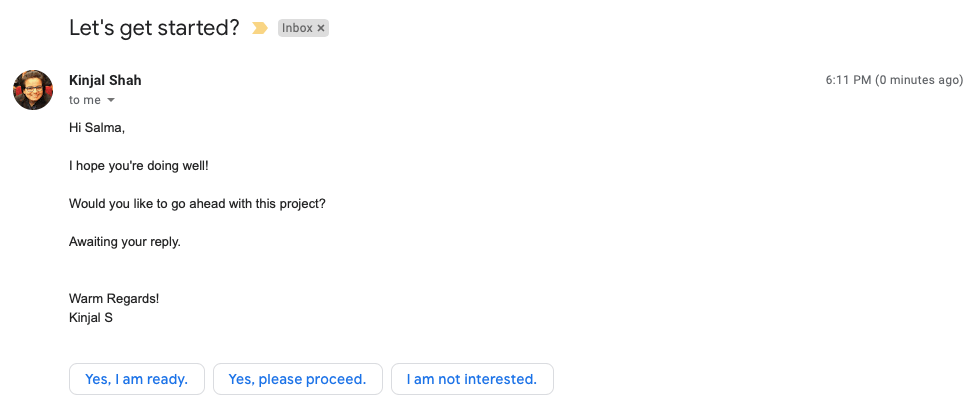
This is thanks to AI technology that looks at the content of the email you’ve received and formulates a (usually) reasonable response.
AI-driven SEO will become a new challenge For marketing professionals
Thanks to the AI-powered, RankBrain, Google is relying less on keywords, links, and shares. Obviously, marketers will have to follow suit. In the future, rankings will be based on user sentiment, content, quality, and relevance. User engagement will grow in significance as a ranking factor.
Google is already using AI to show where their priorities are headed
This can already be seen in Google’s featured snippets and knowledge graph. There, they identify the content that best answers questions commonly searched by users. Content that meets these criteria will be well-structured, and content creators will layout pages that clearly indicate what questions are being answered.
AI will redefine link outreach
Backlinks will become significantly less effective. Scratch that. Most backlinks will stop being effective. The ones that will work will be those that are reputable and authoritative. This means that content creators will need to be careful to link out to reputable studies, trusted news sources, and journals. When it comes to earning backlinks, outreach efforts will need to be narrower and deeper with a focus on getting backlinks from quality sources.
AI will take on the grunt work of content marketing
Marketing is full of necessary, but relative tedious posts. AI could take on some of these tasks, leaving marketers free to do the things that machines simply cannot do yet.
Automatic post and image tagging
One example of this is IBM Watson Visual Recognition. Imagine that a brand ambassador, influencer, or media outlet shares a video that references your brand. With this AI tech, these posts can be tagged automatically without your intervention.
AI based content curation for customized newsfeeds
Another task that can take up quite a bit of time is content curation. Keeping an interesting news feed requires both original content, and content sourced from other places. Finding that content, determining what is the best fit for the target audience, and then broadcasting it takes time. It’s also a relatively low reward task.
AI can change that. Not only can it learn user behavior and use past data to determine which articles are the best fit, but it can also perform the task of curation much more efficiently than a human can.
Intelligently selected images based on content platform and audience
Is it relevant? Is it the right size? Is it of acceptable quality? Is it available to use without much friction? Whether you’re searching your own pictures or seeking out images from a photo site, these are some of the questions you’ll find yourself asking along the way.
Now, there’s technology that helps you to find the perfect images to go with your copy. This has potential applications in landing page development, blogging, social media posts, and paid advertising.
It’s even within the realm of possibilities to select different images for the same copy depending on the social media channel or target audience. Finally, there are also tools that will suggest captions and image hashtags thanks to AI. More effective hashtags could lead to improved campaigns.
The future has arrived
None of the ideas here are representative of futuristic ideas that may be adopted at some point down the road. These are very real ways in which AI is being applied to marketing automation. Marketing professionals who find ways to implement AI technology in their campaigns and marketing automation efforts can save time and effort. Those that do not could find themselves falling behind their competitors.
AI will play a major role in content creation, social media engagement, advertising, and SEO. Big players like Google and IBM are clearly prioritizing this technology. It will be interesting to see how it is implemented a year or more from now.






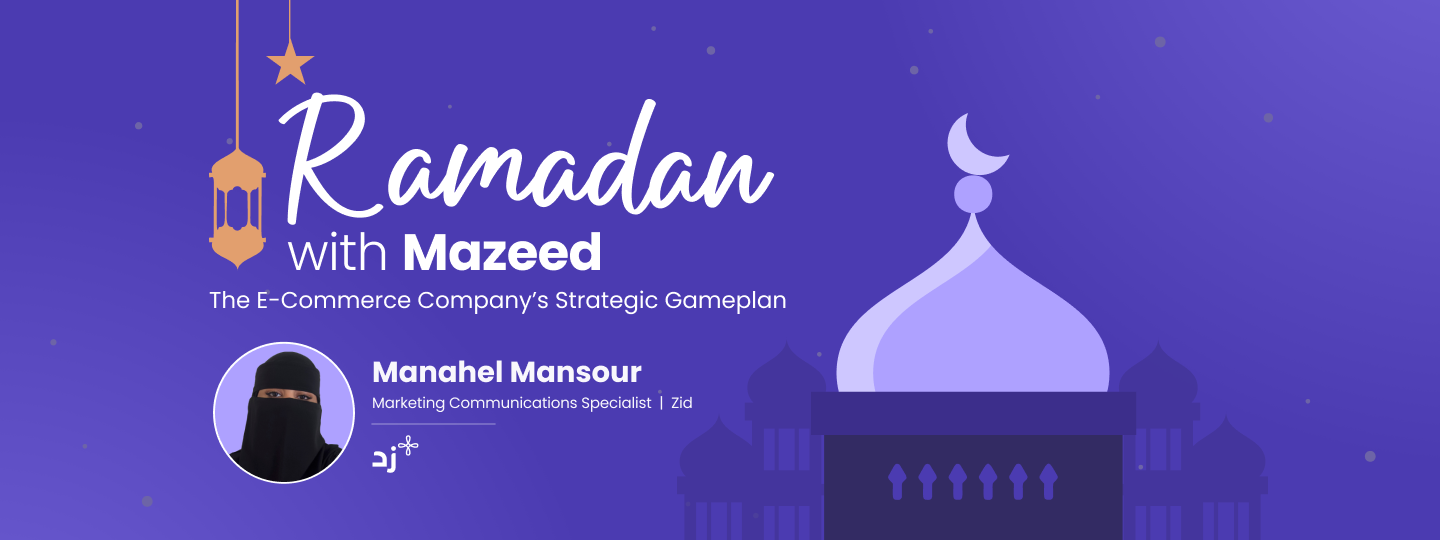
 Prakhya Nair
Prakhya Nair
 Diksha Dwivedi
Diksha Dwivedi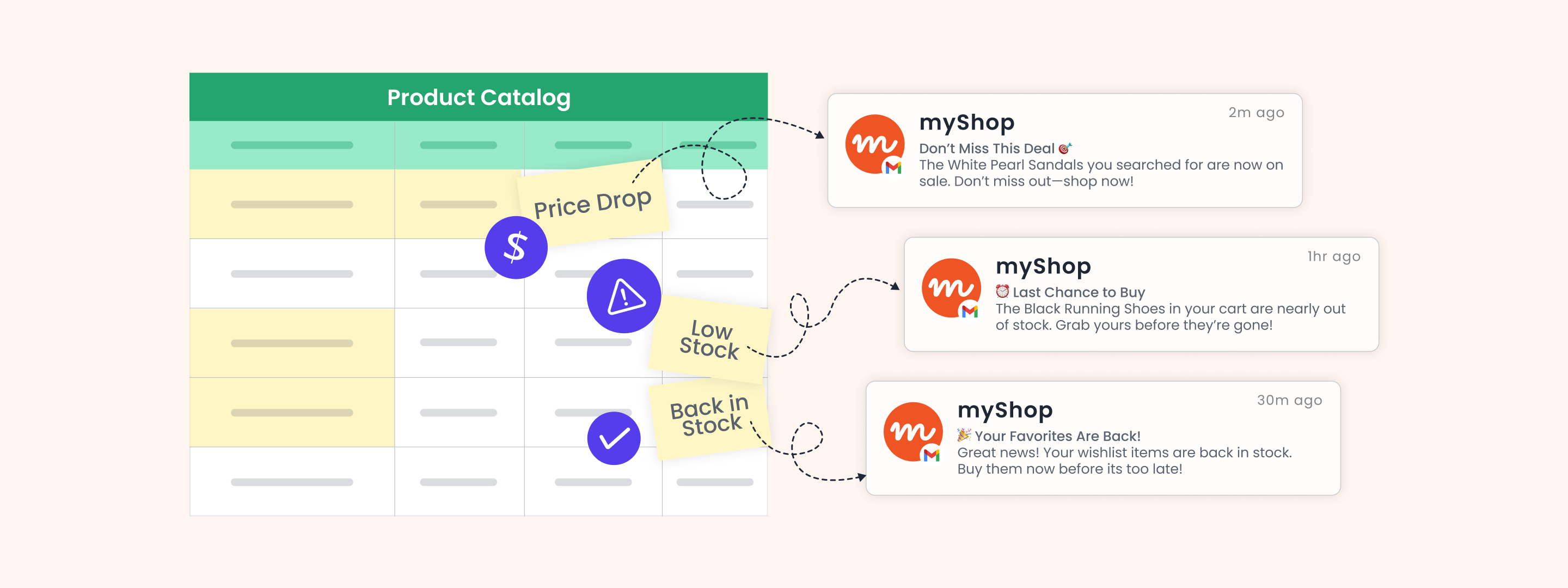
 Ananya Nigam
Ananya Nigam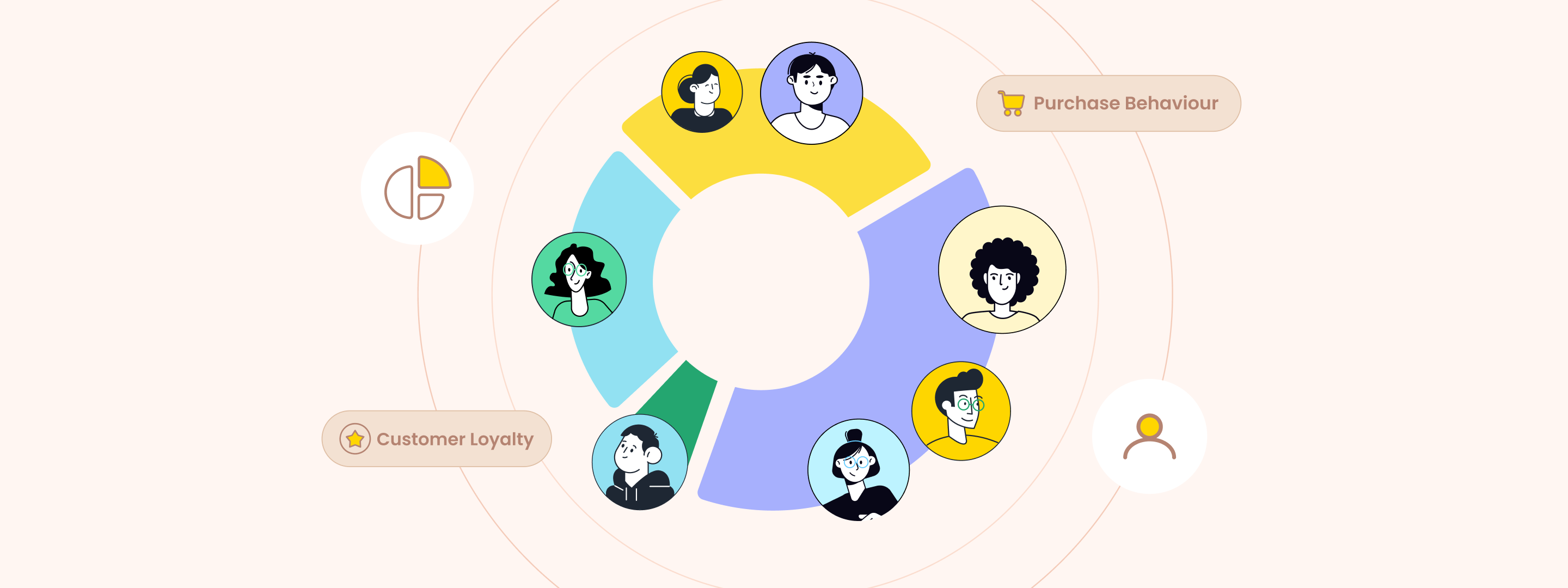

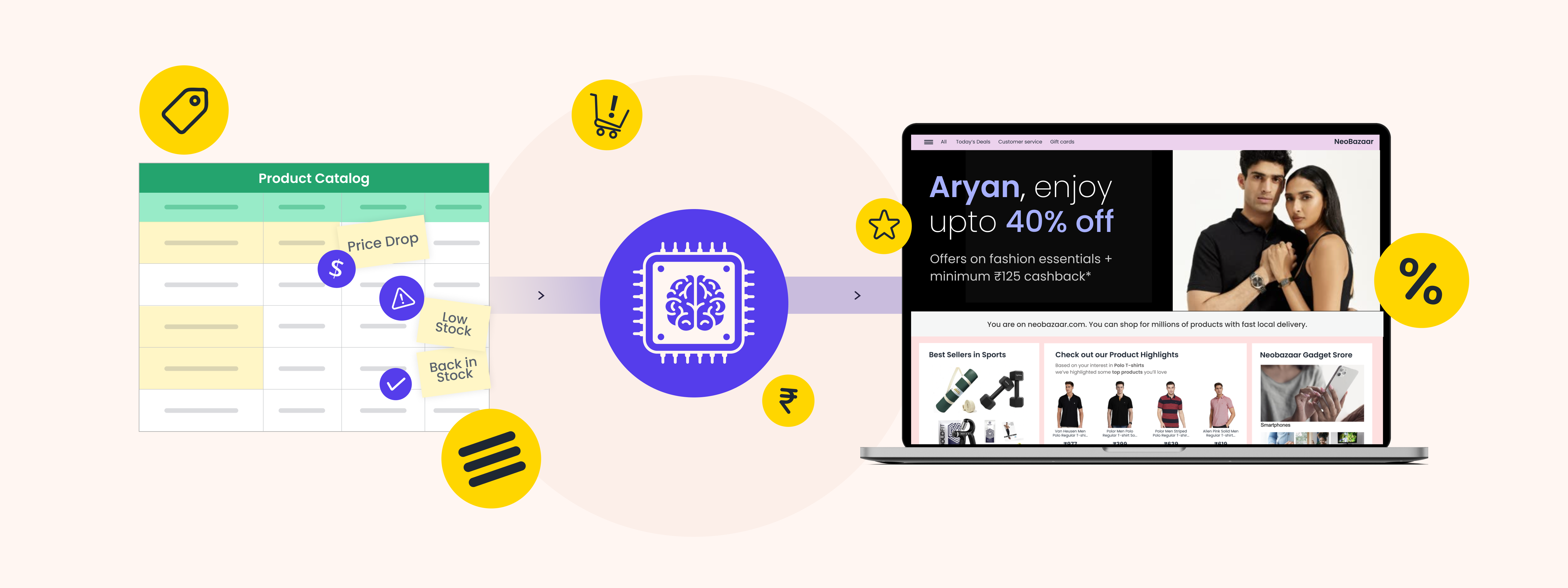
 Manoj Chawda
Manoj Chawda